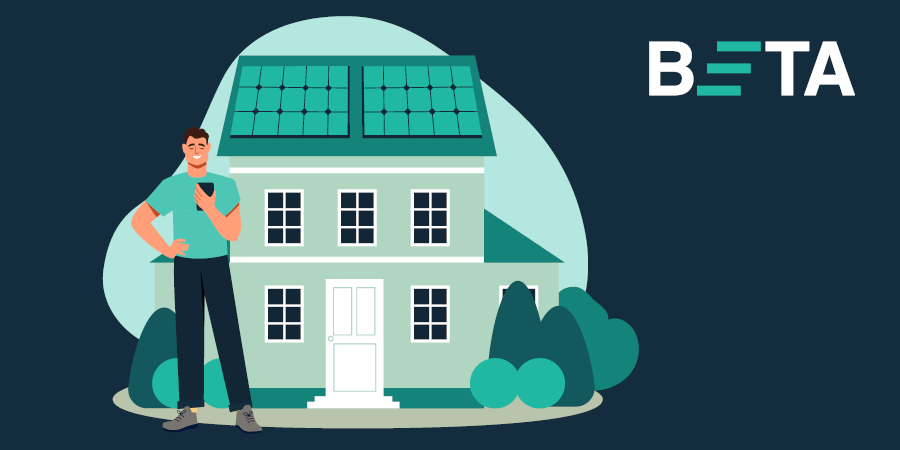
In Australia, residential buildings account for 11% of greenhouse gas emissions. Most Australian homes were built before minimum energy efficiency requirements were introduced nationally in 2003 and have substantial scope for energy efficiency improvements.
In 2023, BETA ran an online survey of 4,891 Australians to understand how they handle the decision to make a home energy upgrade, with a focus on rooftop solar panels. The findings have been published in High-impact decisions that reduce household emissions: Findings from BETA’s Towards Net Zero survey, 2025. The findings from this survey contributed to BETA’s Home energy upgrades: empowering homeowners to make informed decisions report in 2024.
Complex, difficult tasks can be overwhelming
Half of respondents who were planning to install solar found it difficult to choose the right type and size of system, choose an installer, work out how much to spend, and learn the technical jargon. Such complexity can create enough friction to grind the process to a halt.
Weighing present costs more highly than future benefits
While there may be long-term energy cost savings, the significant upfront costs can block those with financial constraints from making significant upgrades.
Awareness is a critical pre-condition for action
Energy upgrades such as insulation, double-glazed windows and efficient appliances are not immediately visible. Home energy assessments can show the weaknesses and gaps, but few Australians have had one done.
Confidence may be the key ingredient
People with higher levels of confidence were more likely to actually have insulation, double glazing, solar panels and EVs.
Bundled benefits offer greater perceived value
Each benefit of home energy upgrades, whether it’s reducing emissions, improving the comfort of a home, reducing bills, or increasing the resale value of a home – can have a cumulative effect that ultimately drives a householder to action.
Read our report - High-impact decisions that reduce household emissions

